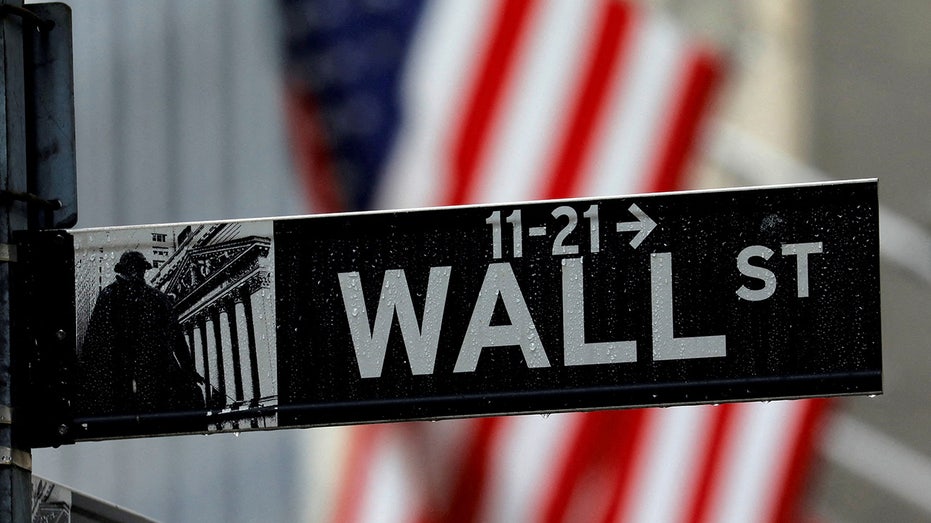President-elect Trump doesn’t officially take office for another week, but investment bankers say a boom in Trump-related deal-making is already underway—transactional activity that was stymied by the regulation-heavy Biden administration is poised to explode.
This was the conclusion of a panel of investment bankers and private equity executives who discussed the return of corporate deal-making at the Frontiers of Digital Finance Conference in Miami on Tuesday.
“We’ll have more deals coming to market in 2025 than we’ve had in the last two years,” said Jeffrey Levine, Managing Director at investment banking giant Houlihan Lokey, who spoke on the panel. “More capital has been raised in the last three years than in the history of private equity, but it hasn’t been deployed.”
The conference, sponsored by a private lending company called Biz2X, which provides online lending solutions to small businesses, featured some major players in finance and the intersection of finance and politics. Patrick McHenry, the former North Carolina Congressman and Chairman of the House Financial Services Committee, stated in a keynote speech that Trump’s victory, combined with Republicans maintaining House leadership and gaining a majority in the Senate, will usher in a new era of deregulation that will encourage capital formation.
HOW COULD THE INCOMING TRUMP ADMIN IMPACT THE M&A MARKET?
“Washington is open, and the United States economy is open, McHenry said. “The era of post-financial crisis regulation, lawmaking, and politics is dead and gone.”
During a panel discussion on mergers and acquisitions, David MacGown, Managing Director of Barclays’ Financial Institutions Group, noted that he is seeing a surge in deal appetite, anticipating a lighter regulatory approach from the incoming Trump administration’s Federal Trade Commission, Federal Communications Commission, and the Justice Department’s Antitrust Division.
Biden appointees leading those three agencies have halted almost all M&A activity in recent years; those who chose to defy the regulatory restrictions have faced prolonged legal battles with the Biden deal police.
That said, Trump isn’t expected to provide carte blanche for all deal-making. His regulators are still skeptical about the power of Big Tech and may view Google, Apple, Amazon, Facebook, and other tech giants with suspicion as they continue to grow in size.
LESS REGULATION POWERING US STOCKS AHEAD, SAYS BNY WEALTH CIO

Once Trump finalizes leadership appointments at key agencies, other businesses such as banking, are likely to face less regulatory scrutiny than Big Tech.
MacGown stated that Barclays is currently involved in several transactions that are a direct result of a post-election thaw in deal-making.
During the panel discussion, Avi Mehrotra, Goldman Sachs’s Global Head of Activism, Shareholder Advisory, and Takeover Defense Practices, said he anticipates consolidation in regional banks—smaller to mid-size banks with under $100 billion in assets.
MERGERS AND ACQUISITIONS THAT WERE BLOCKED OR CHALLENGED BY THE BIDEN ADMIN IN 2024
Due to their size, regional banks benefit from mergers because of so-called scale synergies. These refer to cost savings and revenue enhancements resulting from the increased size and scale that comes with merging two entities.
MacGown noted that the top four investment banks—Goldman Sachs, Morgan Stanley, JPMorgan, and Bank of America—each have over a trillion dollars in assets, and last year, they made over half of the banking industry’s profit combined.

McGown views this as a potential concentration risk, observing that relaxing regulations might introduce smaller boutique firms to help lower that risk.
“Part of the value of consolidating is finding ways to grow further, and part of it is being less concentrated at the top,” he said.
In addition to the regional banks, other areas of expected accelerated M&A activity are in fintech, industrials, and consumer sectors, according to Mehrotra.
People close to the matter say the media industry is also ripe for consolidation as firms such as Warner Bros. Discovery, Comcast, and others suffer from declining advertising revenues and so-called cord-cutting, where consumers ditch traditional cable packages and get more of their news and entertainment online.
“The fact of the matter is that Biden thought he was helping consumers by stopping deal making and all he was doing was making these companies weaker and less able to compete,” one media executive who wished to remain unnamed told Fox Business.
Read the full article here










